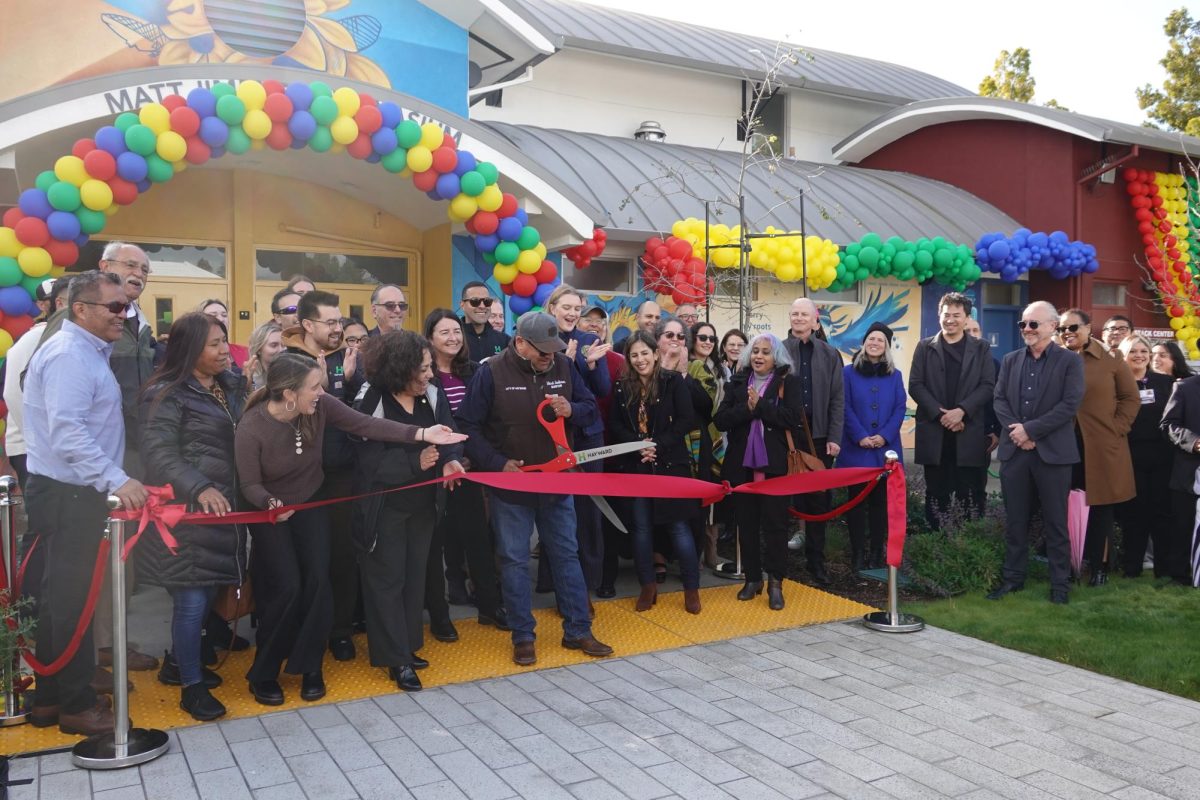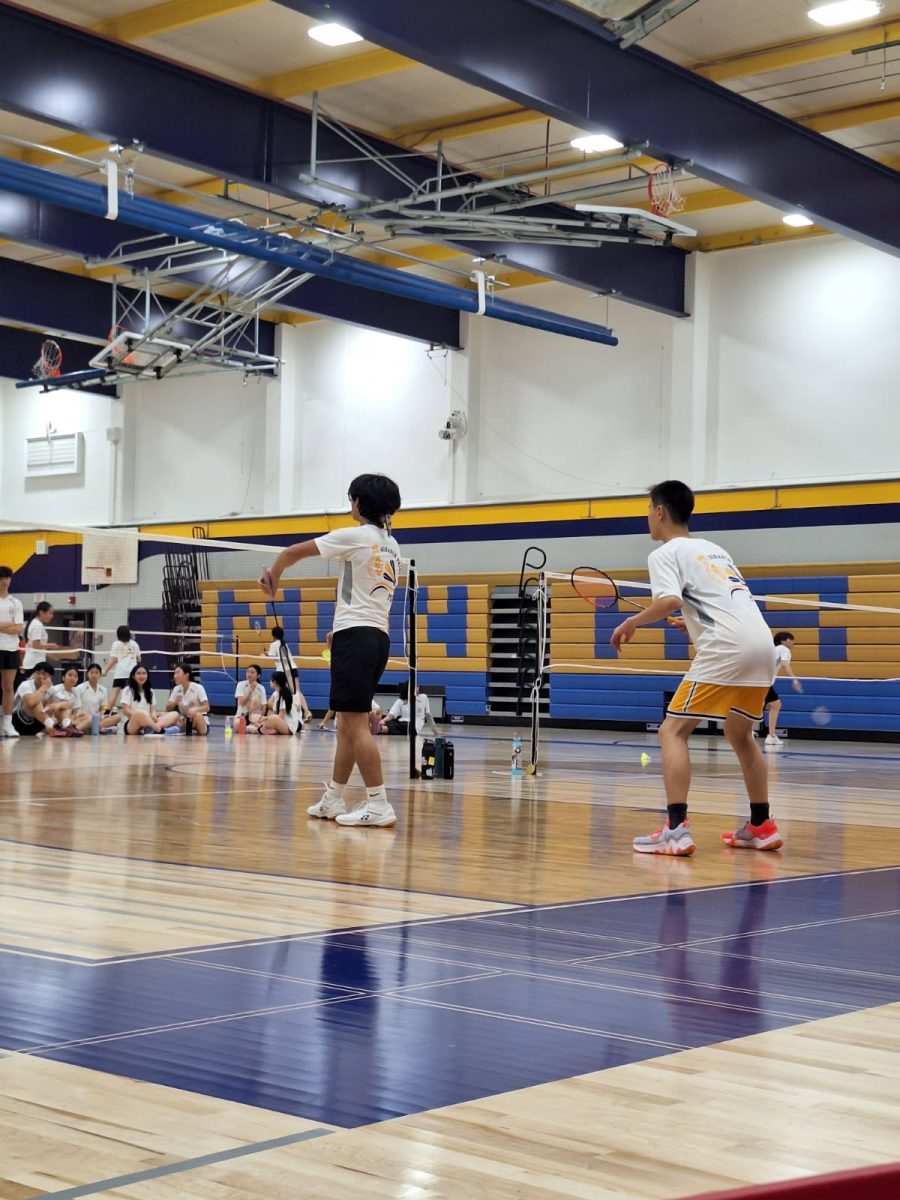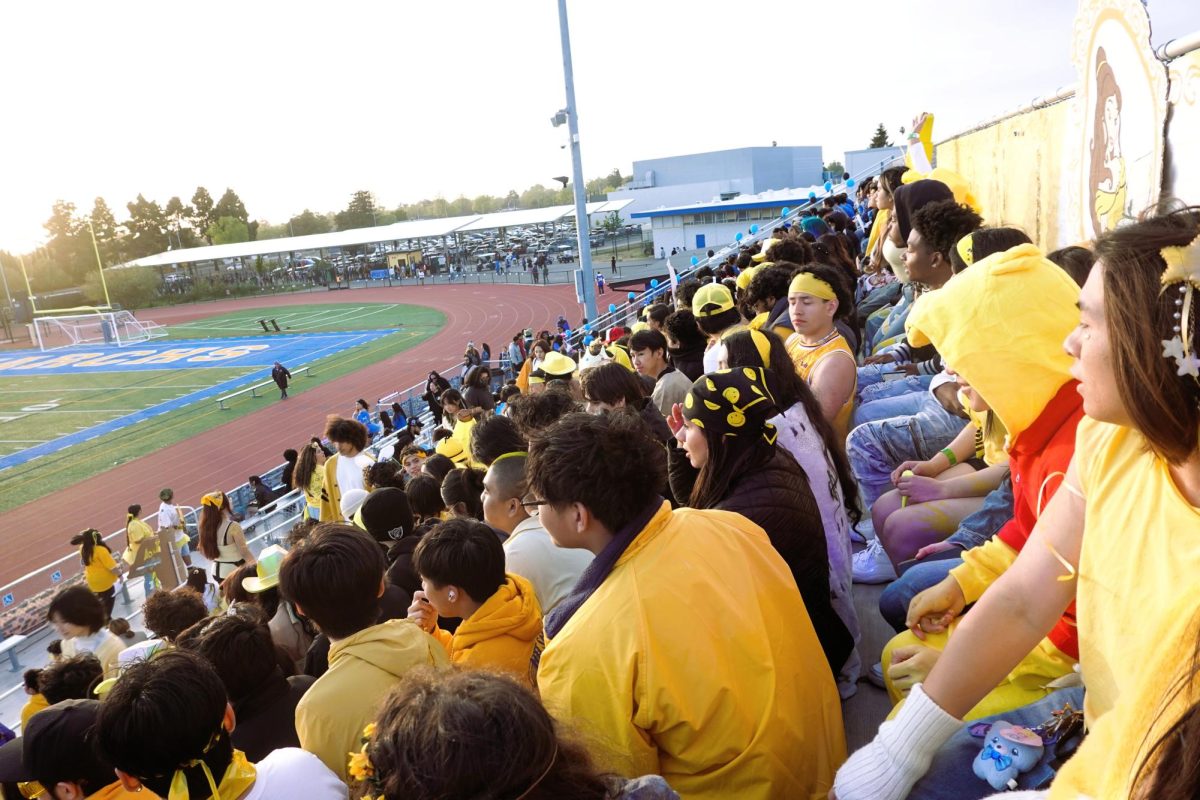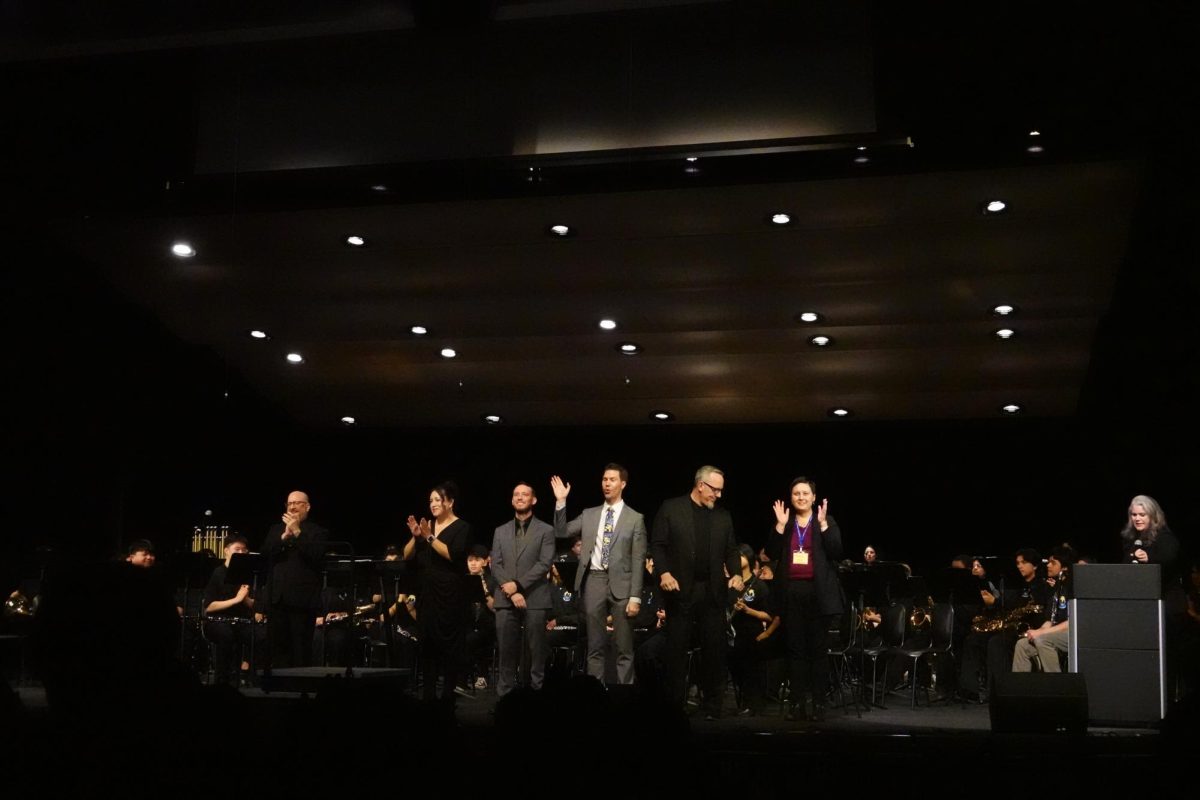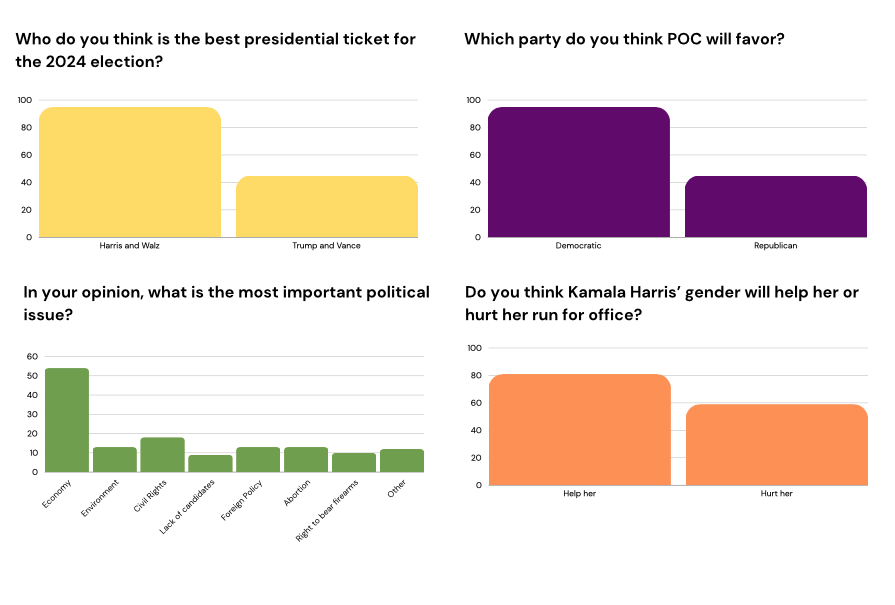Around 2:30 on May 18, Mt. Eden High School initiated a lockdown. The lockdown was due to an altercation near Costco leading to a police response. The administration encountered communication errors, lacked adequate preparation, and made several dishonest statements.
During the lockdown, Mt. Eden’s communication system failed. According to Mr. Matos-Rodriguez, Mt. Eden’s administration and Hayward’s police did not establish an appropriate time to end the lockdown. As a result, the administration lifted the lockdown prematurely. After the first ‘all clear’ signal, students crowded against the school’s gates to go home. Eye-witnesses described students rushing onto the street. Soon after, students were told to stay hidden in school again. Around a minute later, the order was lifted.
Mt. Eden’s response to the threat was harmful. Although the threat did not involve violence on our campus, the trauma from the incident was unfair to Mt. Eden community. In addition, in the event of real intruders on campus, creating a situation of ambiguity and allowing people to leave campus would have threatened their safety. The administration should have mandated that students remain in school for a few minutes after the police response. This would have prevented the potential damage of communication errors.
Mt. Eden’s administration also failed to communicate with students in a timely manner to ease their worries. Several students experienced anxiety during and after the incident. In A and B Halls, students reported shoving each other as they rushed into classrooms after the second warning. Mt. Eden’s administration attempted to reassure students by sending a message to the community that evening and making a morning announcement the next day. Previously, Mt. Eden had received multiple school shooter threats online and experienced a series of fights. In an environment of fear, there should be a plan to restore safety.
Several teachers argued the administration was unprepared for the lockdown. “I don’t remember many lockdown practices in this academic year” stated Mr. Matos-Rodriguez. Despite Mt. Eden’s extensive history of lockdowns, Mr. Kierden commented that the school’s response to them has always been varied. According to Mr. Kierden, few teachers had access to the Share911 platform. “Not everyone has Share911 up to date,” he said. “A lot of the teachers were texting in their respective group chats instead.”
Although teachers took the threat seriously, Mr. Kierden described how students were laughing and using their phones. Mr. Matos-Rodriguez explained a similar situation in his class: “Everyone was giggling and texting. They all wanted to go to the window.” It is difficult to take the lockdown seriously when fire alarms are constantly dismissed and no one seems to have an emergency plan.
Finally, Mt. Eden’s administration was unclear and dis- honest about the incident. The community letter published falsely claimed Mt. Eden was under lockdown for twenty minutes when it only lasted around five minutes. The message also used vague language to describe the Costco incident. Although it is imperative to assuage student and parent fears after traumatic experiences, the administration should have been transparent about the situation and their safety protocols. By establishing a precedent of dishonesty, the administration granted credibility to unsubstantiated rumors about the events. The administration fostered distrust by prioritizing their reputations over students’ well-being.
To conclude, administrators mishandled the situation by failing to communicate with the police, lacking a safety plan, and being dishonest about their responses. In the United States, violence against schools is a mounting problem. Thus, it’s ever important that schools develop effective and appropriate safety procedures during lockdowns. In a real threat to the campus, the administration’s inconsistent actions could have risked students’ lives.

